expiredTheGrandWazoo22 posted Sep 12, 2021 11:47 PM
Item 1 of 5
Item 1 of 5
expiredTheGrandWazoo22 posted Sep 12, 2021 11:47 PM
1TB Team Group CX2 Classic 2.5" Solid State Drive
+ Free Shipping$77
$89
13% offNewegg
Visit NeweggGood Deal
Bad Deal
Save
Share
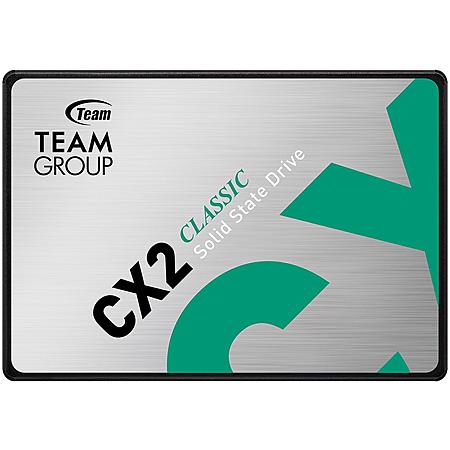
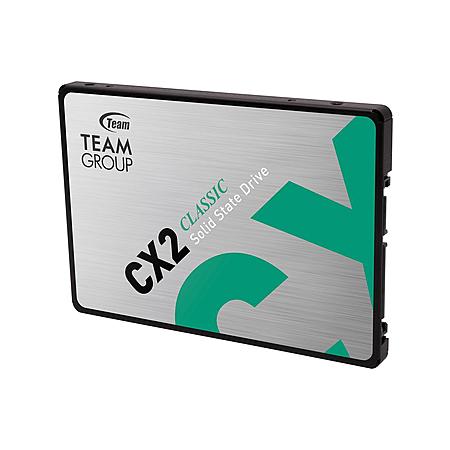
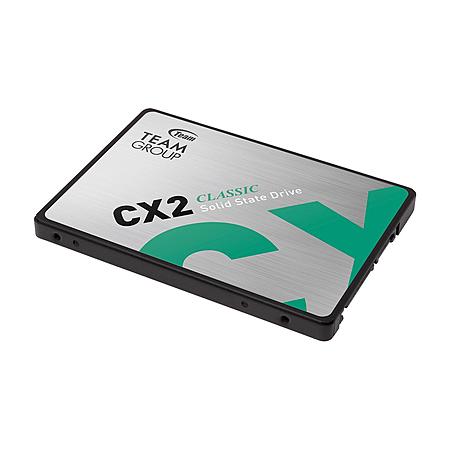
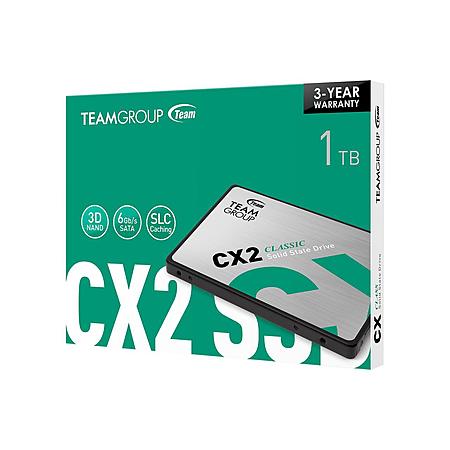
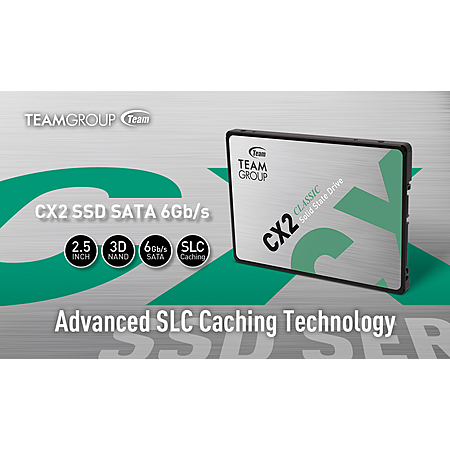



Leave a Comment
Top Comments
There are many different types of SSD's, and I will be leaving some out, but the most common types are:
External: These can vary in size and shape, but they all typically have a USB A or USB C interface. As the name implies, these are for use outside of a computer.
SATA: The same as OP, These have a 2.5" drive form factor and SATA data and power interfaces. These are often the slowest of SSD drives mainly because of the bandwidth limitations of SATA.
NVME: These socket directly into a motherboard or PCIe riser card. They have an m.2 form factor with an M key. These are typically the fastest of consumer SSDs, as they use 4 PCIe lanes for their bandwidth, though they do use a dedicated m.2 slot. See the next one for compatibility issues. See key image
SATA m.2: These are some of the more confusing consumer SSDs. They have basically the same form factor and interface of NVME drives, but they use SATA instead of PCIe. They often will fit and work in the same m.2 socket, but for either SATA m.2 or NVME, you'll want to check your system's documentation to see what is compatible. SATA m.2 has B+M key. See key image
PCIe: These have mostly fallen out of fashion, but still worth noting. They are simply SSDs built into a PCIe expansion card. The number of lanes they use will vary.
U.2: These aren't really consumer grade, but worth mentioning. These use a cable so they can mount in drive bays similar to SATA drives, but the interface is much faster, and uses PCIe lanes similar to m.2. They are usually 2.5" or 3.5" drives. You usually only find headers for these on server/workstation boards or some HEDT boards.
m.2 Key Image:
Nobody else calls NVME drives "chip" drives, and with good reason. It's a misnomer at best. All SSDs are "chip" drives, as they have controller chips and NAND chips, sometimes even DRAM chips. The difference between a SATA drive and an NVME drive has nothing to do with "chips", it has to do with the physical interface and to a lesser extent the form factor.
46 Comments
Sign up for a Slickdeals account to remove this ad.
I'm looking to replace an old platter with an ssd for gaming, but my mobo is too old to use nvme m2 stuff. I've only used sammy evos and pros to date and am thinking i need to utilize something with around 600 tbw since there's going to be a lot of writes.
Oh and the one thing that scares me about Team Group stuff is having to send the drive to Taiwan on our dime for warranty then potentially not hearing back for a long time (per some reviewers).
Sign up for a Slickdeals account to remove this ad.
https://en.wikipedia.or
I am in Information Technology and install SSD's for a living, and I will tell you from experience, do NOT buy Team group drives! You will lose your data at some point soon after it is installed, if you don't have a backup! These drives fail without warning, and at a higher rate by far than any other brand of drive we install on a regular basis. Spend a little more and save some grief and pain!!!
I am in Information Technology and install SSD's for a living, and I will tell you from experience, do NOT buy Team group drives! You will lose your data at some point soon after it is installed, if you don't have a backup! These drives fail without warning, and at a higher rate by far than any other brand of drive we install on a regular basis. Spend a little more and save some grief and pain!!!
Sign up for a Slickdeals account to remove this ad.
Leave a Comment